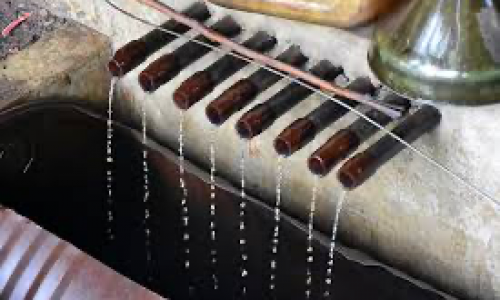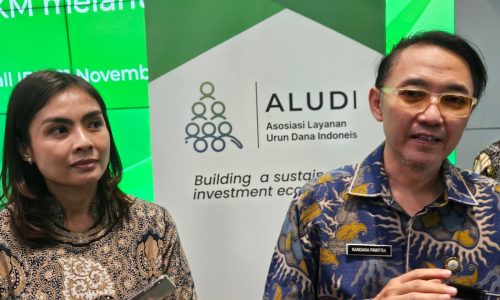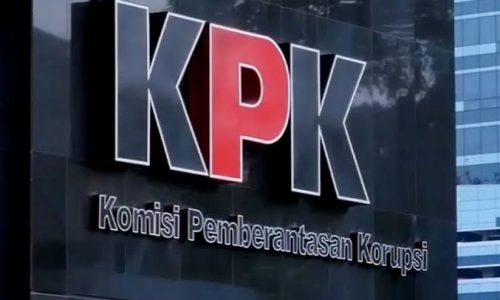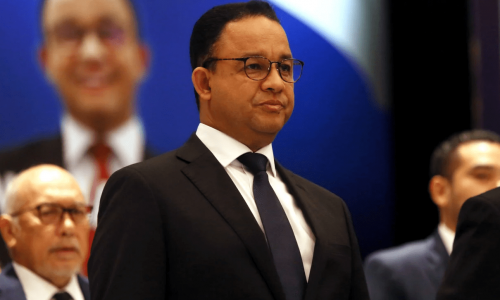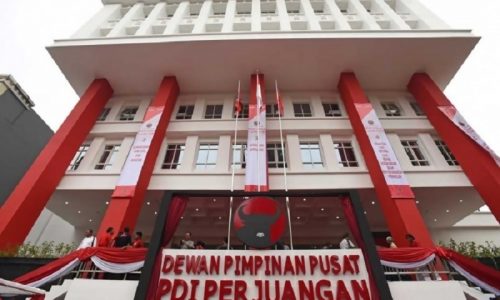The London-based Business & Human Rights Resource Centre (BHRRC) released a report revealing human rights violations and environmental abuses in two nickel supply chains operating in the Philippines and Indonesia.
Lack of transparency
These two countries provide batteries to major companies such as Panasonic, Tesla, and Toyota, and they are responsible for more than half of the world’s nickel supplies.
BHRRC through its report titled “Powering Electric Vehicles,” mentioned that the lack of transparency in electric vehicle battery supply chains enables end-user companies to distance themselves from lower-level abuses and avoid accountability for associated risks.
The report holds the Rio Tuba Nickel Mining Corp. (Rio Tuba) in the Philippines, and two Chinese companies, Zhejiang Huayou Cobalt (ZHC) and CNGR Advanced Materials (CNGR), operating in Indonesia, responsible for the “rising incidents of human and environmental rights violations.”
Local communities suffer direct adverse effects from these mining operations, including food security loss, rainforest destruction, water contamination, and negative impacts on marine life.
Moreover, the companies allegedly failed to obtain free, prior consent from indigenous communities for mining on their lands, further exacerbating the violations.
Pochoy Labog, the BHRRC’s Southeast Asia researcher, emphasized the urgent need to address and mitigate human rights abuses in electric vehicle supply chains.
Labog stressed that supply chain transparency and accountability must be central to these efforts.
Indonesia is the world’s largest producer of nickel, boasting 21 million metric tons (4.6 billion pounds) in proven reserves.
With 330,000 metric tons (728 million pounds) produced in 2022, the Philippines becomes the second-largest global producer of nickel, emphasizing the significance of these countries in the nickel market.
The BHRRC invited Nickel Asia (of which Rio Tuba is a subsidiary), Toyota, and Tesla to respond to the reports, but the companies did not provide any response.
Panasonic, on the other hand, stated that it strives to conduct business with suppliers in a socially responsible manner, emphasizing human rights, responsible employment, occupational health and safety, environmental conservation, and information security.
Adverse impacts on communities
The report also sheds light on the adverse impact of mining activities on local communities and ecosystems.
Fishing, the primary profession of many residents, has been severely affected by the hot seawater caused by cooling system exhaust from nearby coal-fired power plants.
Additionally, residents have complained of respiratory problems potentially caused by inhaling dust from coal unloaded for power generation.
In Central Sulawesi, Indonesia, mining operations have destroyed forests, leading to mine tailings contaminating rivers and streams.
These polluted waters flow through villages and eventually reach the sea, negatively impacting coral reefs and marine ecosystems.
Various stakeholders and experts have expressed their concerns about the ecological damage caused by these mining activities.
Melky Nahar, a coordinator for the Mining Advocacy Network (JATAM), highlighted the substantial ecological damage in Morowali, Central Sulawesi, due to extensive industrial areas.
The report highlights the unsustainability of mining operations in the Philippines, particularly the Rio Tuba project in Palawan, where it directly impacts the health and welfare of affected communities. It leads to water contamination, loss of food security, and destruction of rainforests.
Local residents have reported various health issues, including coughs, respiratory diseases, and skin lesions.
Water quality tests conducted around the mine site revealed the presence of hexavalent chromium, a known human carcinogen, exceeding the limit set by the World Health Organization (WHO).



